Why consumers are willing to share personal information on smartphones





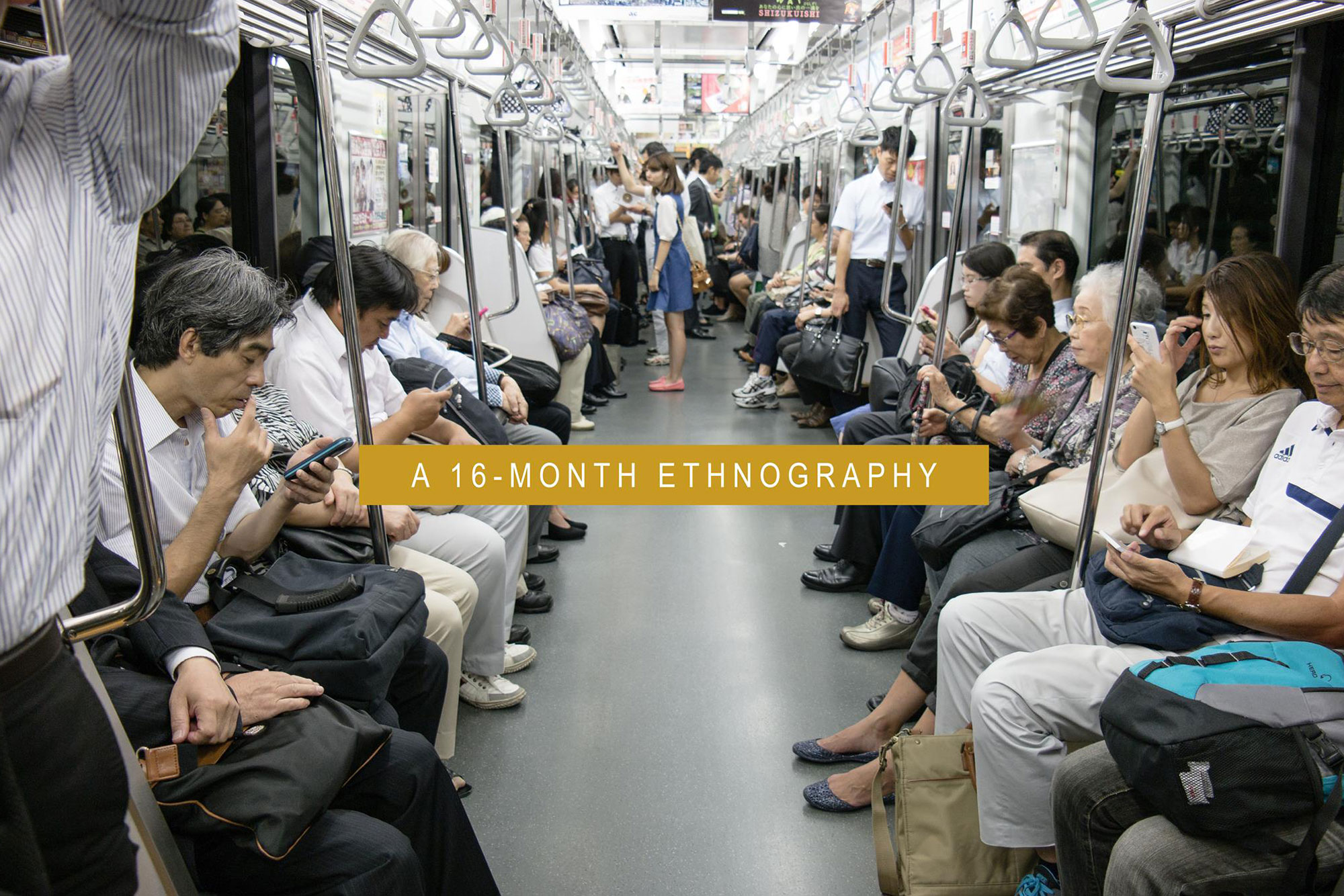
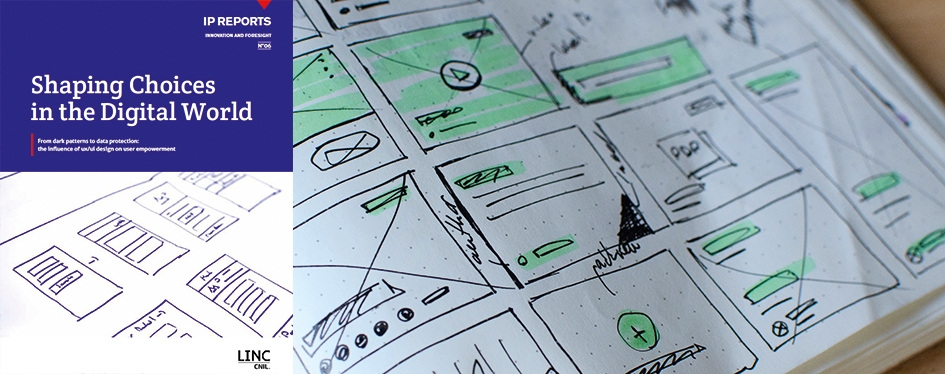
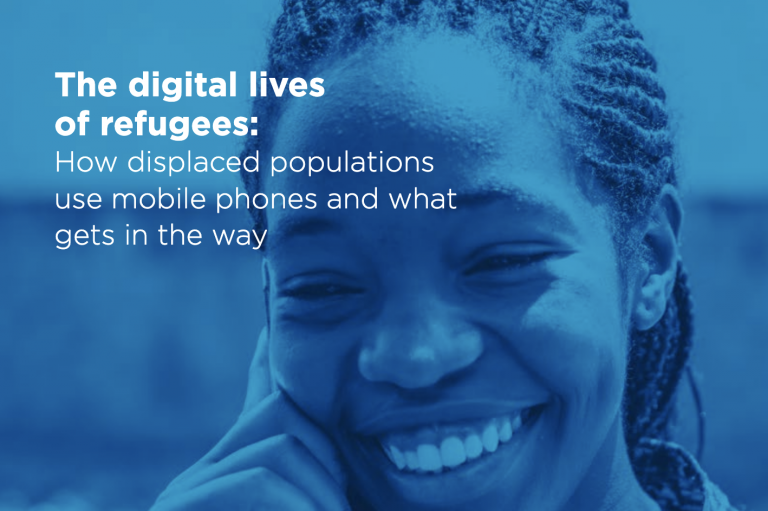
There is growing recognition among donors and humanitarian organisations that mobile technology and mobile network operators (MNOs) have an important role to play in the delivery of dignified aid. This includes providing digital tools that help people affected by crisis…

“Except in divine revelation, data is never simply given, nor should it be accepted on faith,” writes Nick Barrowman in The New Atlantis. “How data are construed, recorded, and collected is the result of human decisions – decisions about what…

You might be surprised by what occupies Daniel Kahneman’s thoughts. “You seem to think that I think of bias all the time,” he tells esteemed economist Tyler Cowen. “I really don’t think of bias that much”. These days, noise might…
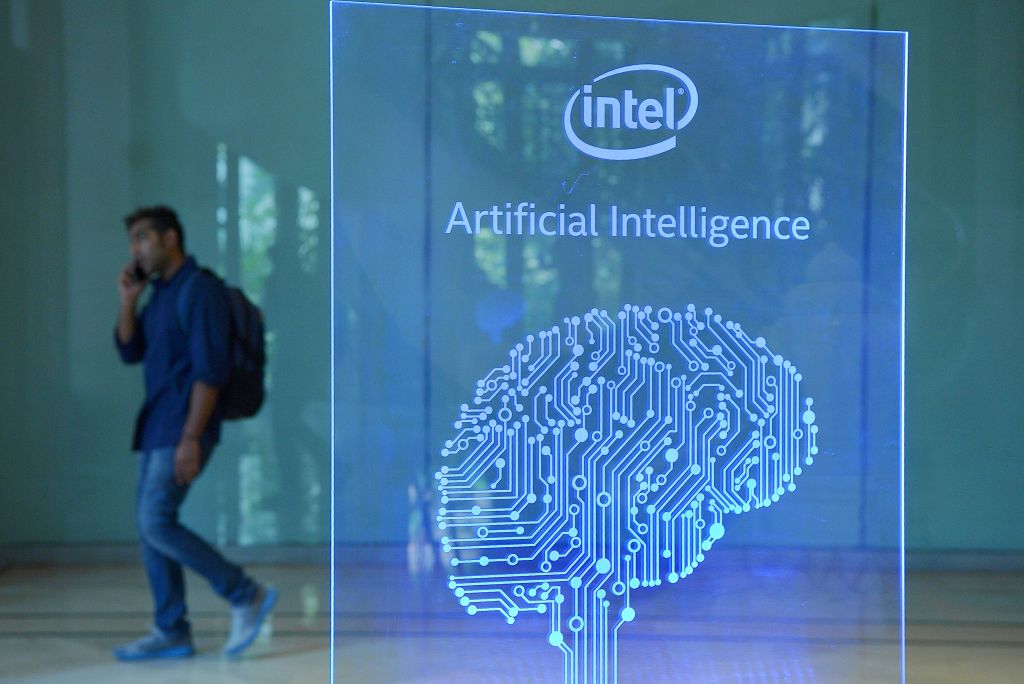
Vincenzo Tiani has written an excellent summary in Wired Italia of the recently published “Ethical Framework for a Good AI Society: Opportunities, Risks, Principles, and Recommendations“, by AI4People, a task force of European experts. With the help of DeepL (also…
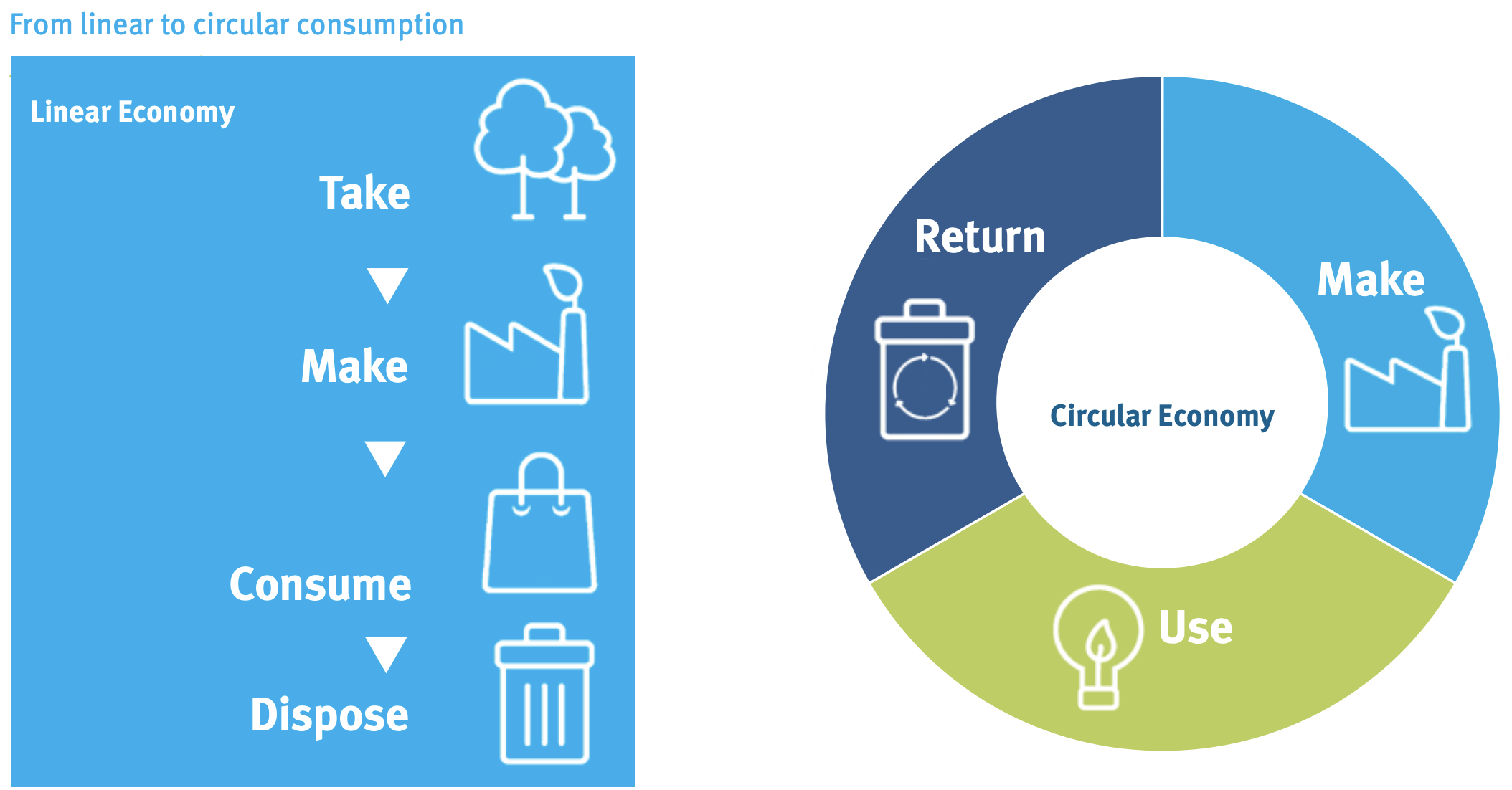
Report: Behavioural Study on Consumers’ Engagement in the Circular Economy London Economics for the European Commission – Consumers Health and Food Executive Agency (CHAFEA) 23 October 2018, 202 pages The objective of this study was to provide policy-relevant insights on…

Challenging The City Scale: Journeys in People-Centred Design Ed. by Cité du Design (Saint-Etienne) and Clear Village (London) Birkhäuser, 2018, 176 pages (free ebook) This 176 pages book is released by the famous international publisher Birkhäuser, and co-edited by Cité…
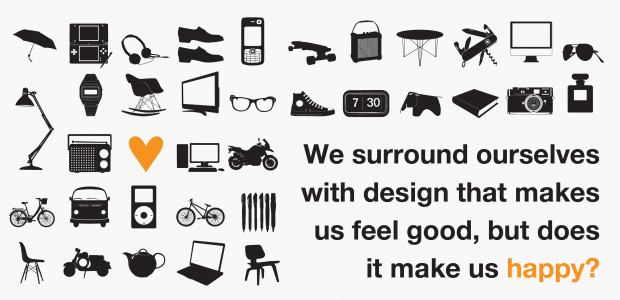
A few days ago Experientia attended the Service Design Days in Barcelona. One of the surprise presentations was by Anna Pohlmeyer, who co-directs the Delft Institute for Positive Design. Although the title seemed a bit airy and ephemeral, the talk…
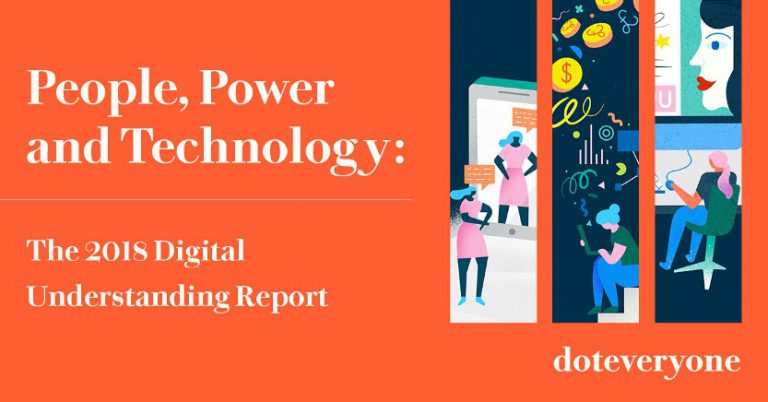
Doteveryone, a UK think tank that champions responsible technology for the good of everyone in society [similar to Milan’s newly founded Digital Culture Center], published two reports this year: the first one, The Digital Attitudes Report, explores how the British…
The Intuitive Appeal of Explainable Machines by Andrew D. Selbst (Data & Society Research Institute; Yale Information Society Project) and Solon Barocas (Cornell University) February 19, 2018, 59 pages Abstract As algorithmic decision-making has become synonymous with inexplicable decision-making, we…

It’s tempting to think of the mind as a layer that sits on top of more primitive cognitive structures. But Ben Medlock, co-founder of SwiftKey, argues that the layered model of cognition is wrong. The point is that long before…

Bit by Bit: Social Research in the Digital Age by Matthew J. Salganik Princeton University Press 2017, 448 pages [Read online] An innovative and accessible guide to doing social research in the digital age In just the past several years,…
As debate rumbles on about how and how much poor statistics is to blame for poor reproducibility, Nature asked influential statisticians – Jeff Leek, Blakeley B. McShane, Andrew Gelman, David Colquhoun, Michèle B. Nuijten & Steven N. Goodman – to…
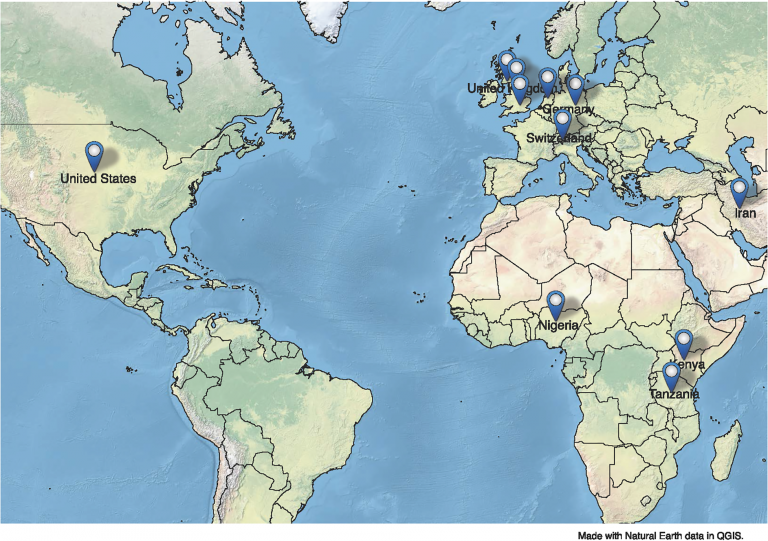
Human-centred design in global health: A scoping review of applications and contexts By Alessandra N. Bazzano (1), Jane Martin (2), Elaine Hicks (3), Maille Faughnan (1), and Laura Murphy (1) PLoS ONE12(11): e0186744. Published: November 1, 2017 Health and wellbeing…

For all the intricate technology required for autonomous cars — the sensors to replicate eyes and ears, the computers and algorithms to serve as the car’s brains, the high-definition 3-D maps to guide them — there’s another factor that computer…